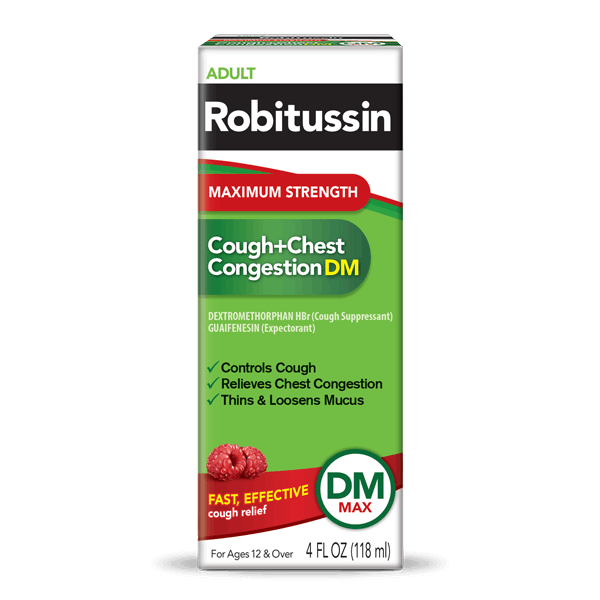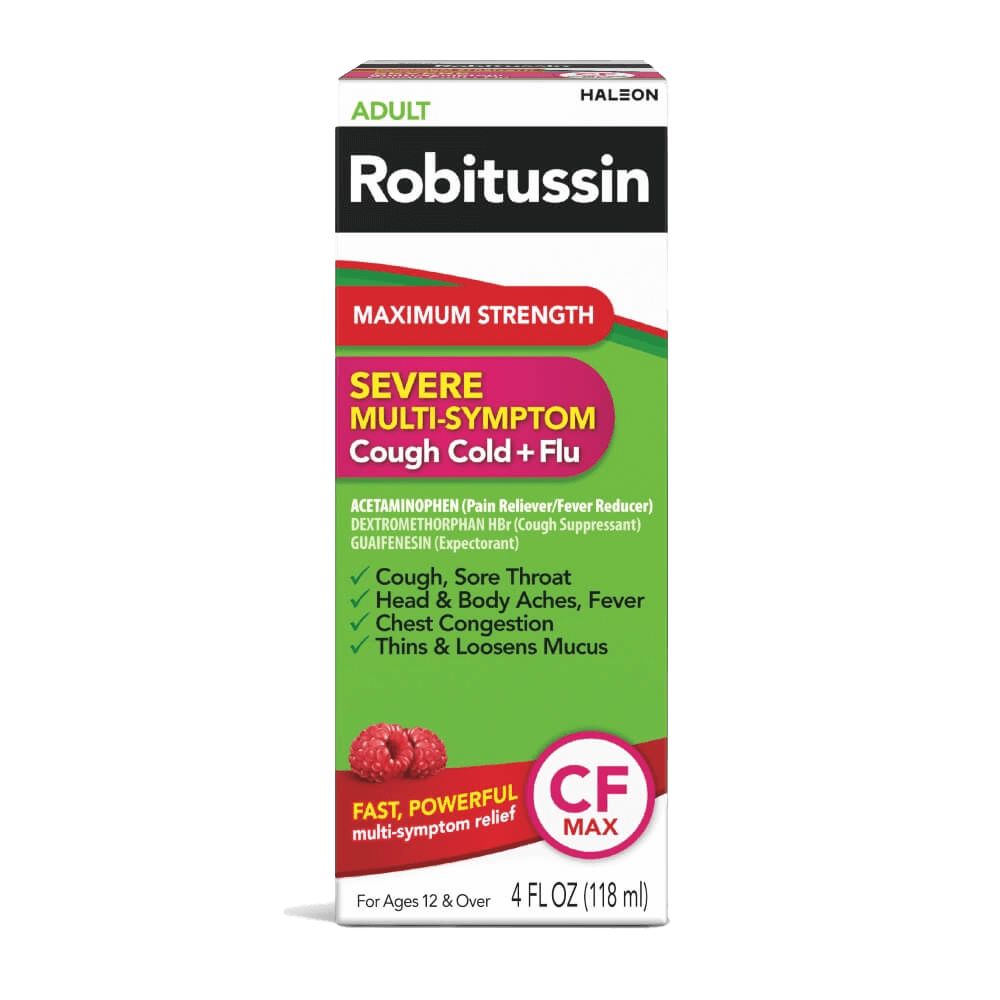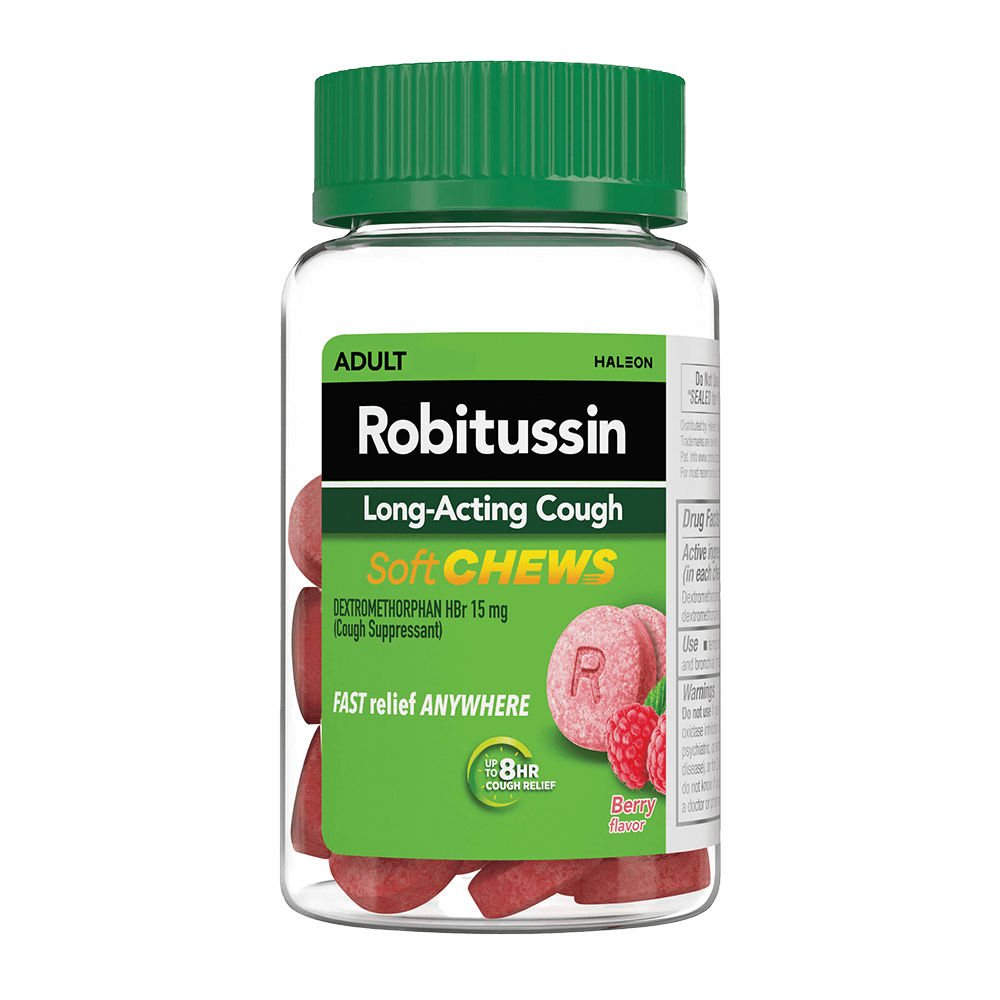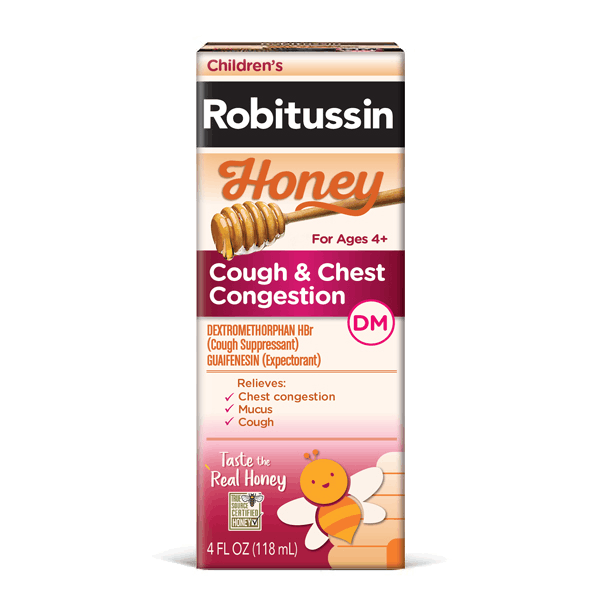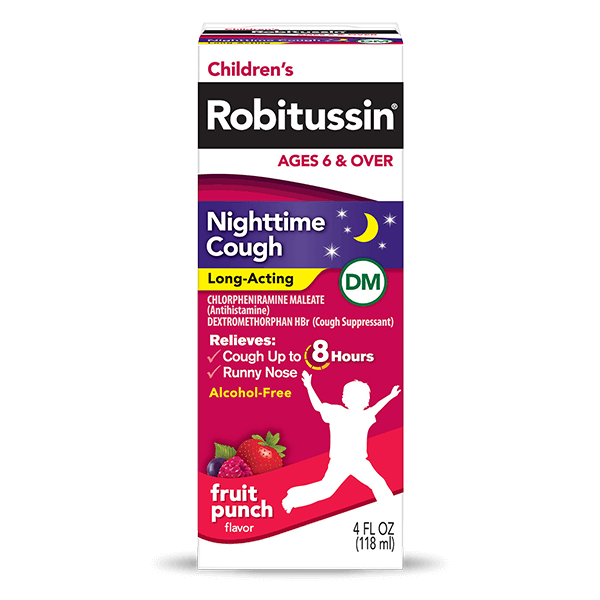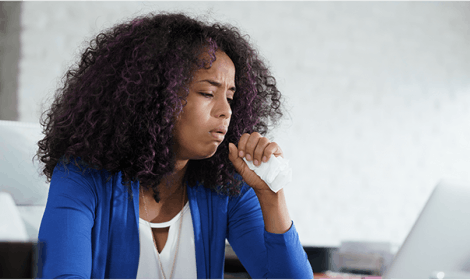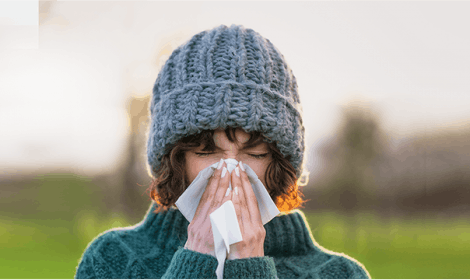Is It A Cold or Allergies?
When allergy season coincides with cold season, it can be hard to tell what your symptoms really mean. If you are sneezing or have a runny nose during the early spring months, it’s easy to assume your symptoms are caused by allergies. But how can you really tell if it’s a cold or allergies? The common cold is very easily spread to other people, which is why it’s important to know what your symptoms are telling you.1 Read on to learn how to tell the difference between allergies and a cold, and how you can treat your symptoms.
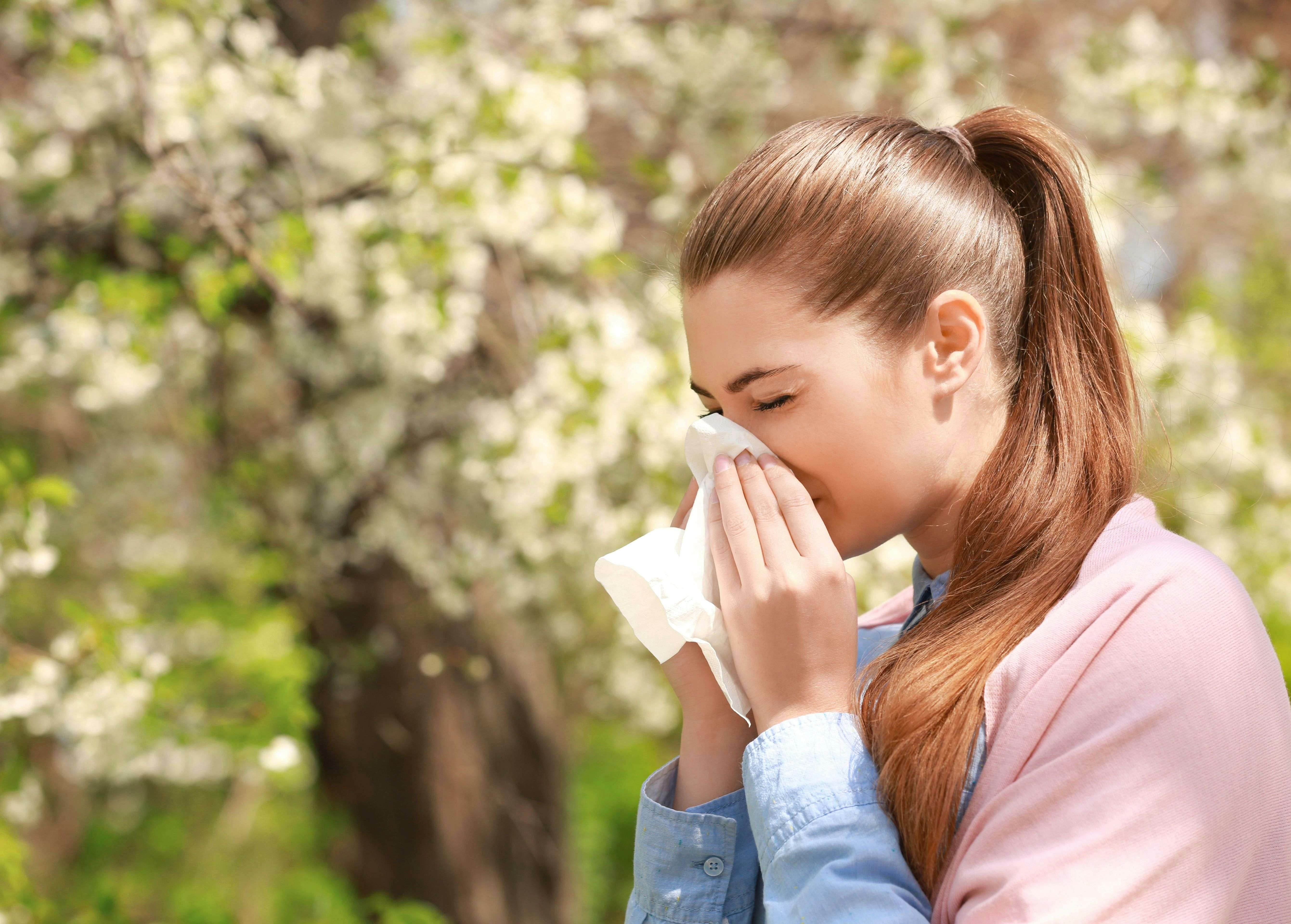
When Do Cold Season and Allergy Season Occur?
People are most likely to catch colds during cold season, which usually starts in late August or early September and continues until March or April.1 During the early spring months, the air begins to fill up with airborne allergens like dust and pollen. Spring allergies begin in February and last until the early summer in many parts of the United States, falling into the tail end of the cold season.2 Plus, a rainy spring season can promote rapid plant growth and lead to an increase of mold, which can cause allergy symptoms to last in the fall as well.2 People who live in tropical climates are susceptible to allergies for longer, as grass may pollinate throughout a good portion of the year.2
While colds are more common in colder months and allergies are more common in warmer months, cold season and allergy season are likely to overlap in the early fall and spring. During the months when the two conditions may simultaneously occur, learning how the symptoms can differ will make it easier to identify what’s causing them.
How Do Cold and Allergy Symptoms Differ?
Cold and allergy symptoms are similar in many ways. Contact with allergens cause your body to release histamine, which causes nasal congestion, sneezing, and coughing.3 Your body releases histamine with a cold as well, which is why the two conditions share similar symptoms.3 Despite the similarities, there are some key differences that can help distinguish the two. For instance, cold symptoms appear a few days after getting infected by a cold virus, while allergy symptoms appear immediately after coming into contact with triggers.3 Colds also last somewhere between three days to two weeks, whereas allergies can last for multiple days to a few months.3
Another difference to consider is where colds and allergies are most likely to be contracted. Since colds are a contagious condition, staying indoors and being in closer proximity with others is a common risk factor for catching a cold.1 Allergies happen because of a reaction to something in the environment, so they occur when you start going outdoors more or have your windows open.3 If you suspect that your problems are caused by allergies, try closing your windows or limiting your time outdoors to see if your symptoms go away.
Cold Symptoms to Look Out for
The following symptoms can be seen in people who have the common cold:4,5
- Coughing
- General aches and pains
- Sneezing
- Sore throat
- Low-grade fever
- Runny, stuffy nose
- Congestion
Aching and fever are symptoms that are not associated with allergies.5 Stuffy nose can be seen in both colds and allergies, but the color of the nasal discharge may look different. Nasal discharge from allergies typically appears clear, while nasal discharge from a cold may look thick and yellow or green in color.6
Allergy Symptoms to Look Out for
The following symptoms can be seen in people who have allergies:7
- Sneezing
- Itchiness in the nose, eyes, or roof of the mouth
- Runny, stuffy nose
- Watery, red, or swollen eyes
Coughing can sometimes occur with allergies, but it is more commonly seen in colds.5 Sore throats can also form in people who have allergies, but not often.5
How to Treat Cold and Allergy Symptoms
Although there is no cure for a cold, there are plenty of ways to manage symptoms at home.1 With plenty of rest, increased fluid intake, and pain relievers for headaches or fever you can temporarily help symptoms while your body recovers from the virus.1 Over-the-counter cold medicines, including decongestants and cough syrups can help you feel better as well. A good over-the-counter product for coughing and relieving congestion is Robitussin Maximum Strength Severe Multi-Symptom Cough Cold + Flu, which provides powerful relief with the bright taste raspberry and mint. You can also try Robitussin Maximum Strength DM Day/Night Pack for cough and congestion relief both day and night.
If you suspect that your symptoms are caused by allergies, consult with an allergist to find the best treatment solution for you. Your allergist can recommend immunotherapy shots or an over-the-counter antihistamine medication.2 For nighttime cough and allergy symptom relief, try Robitussin Maximum Strength Nighttime Cough DM to relieve your runny nose and sneezing before bedtime. You can also take measures to limit your exposure to pollen and other allergens by taking a shower, washing your hair and changing your clothes after being outside, and monitoring pollen and mold counts in your area.2
Knowing the cause of your symptoms will make it easier to manage them when cold and allergy seasons overlap. Check out the Robitussin Cold and Cough Center to find more helpful articles on treating cold symptoms.
References
- Common Cold. Johns Hopkins Medicine. https://www.hopkinsmedicine.org/health/conditions-and-diseases/common-cold Accessed 5/18/2022.
- Seasonal Allergies. American College of Allergy, Asthma, & Immunology. https://acaai.org/allergies/allergic-conditions/seasonal-allergies/ Accessed 5/18/2022.
- Is it an allergy or the common cold? Mayo Clinic Health System. https://www.mayoclinichealthsystem.org/hometown-health/speaking-of-health/is-it-an-allergy-or-the-common-cold Accessed 5/18/2022.
- Common Cold. Mayo Clinic. https://www.mayoclinic.org/diseases-conditions/common-cold/symptoms-causes/syc-20351605 Accessed 5/18/2022.
- Cold or allergy: Which is it? Mayo Clinic. https://www.mayoclinic.org/diseases-conditions/common-cold/expert-answers/common-cold/faq-20057857 Accessed 5/18/2022.
- A Cold or Allergies: Which Is It? Johns Hopkins Medicine. https://www.hopkinsallchildrens.org/Patients-Families/Health-Library/HealthDocNew/A-Cold-or-Allergies-Which-Is-It Accessed 5/18/2022.
- Allergies. Mayo Clinic. https://www.mayoclinic.org/diseases-conditions/allergies/symptoms-causes/syc-20351497 Accessed 5/18/2022.
